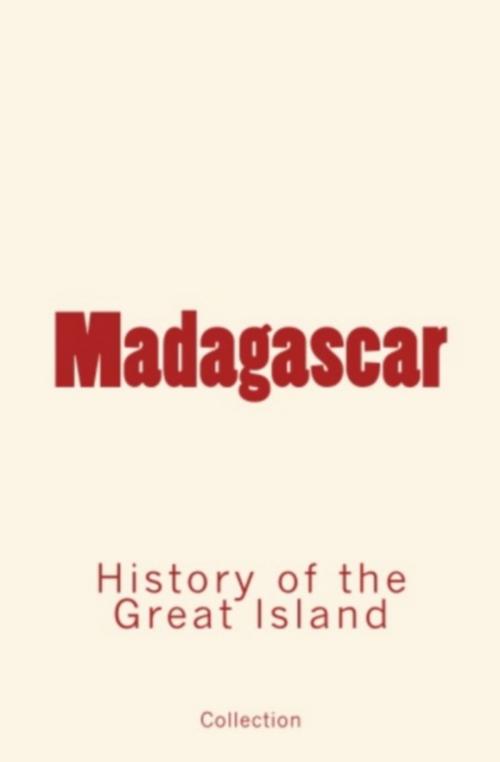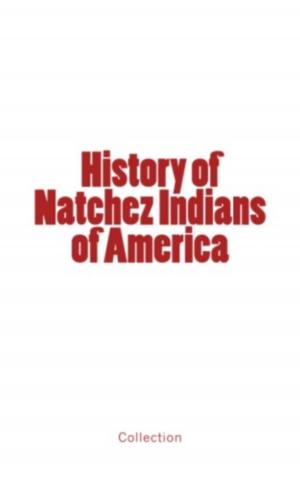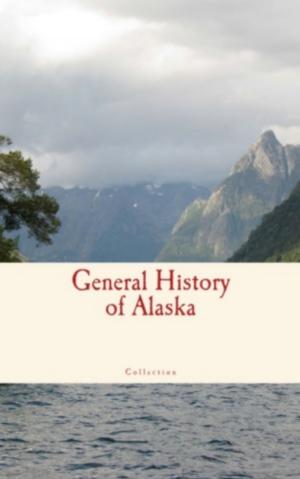| Author: | . Collection | ISBN: | 9782366594027 |
| Publisher: | Editions Le Mono | Publication: | January 23, 2017 |
| Imprint: | Editions Le Mono | Language: | English |
| Author: | . Collection |
| ISBN: | 9782366594027 |
| Publisher: | Editions Le Mono |
| Publication: | January 23, 2017 |
| Imprint: | Editions Le Mono |
| Language: | English |
Madagascar, that some called the Great Britain of Africa, is one of the largest islands in the world. It is said to have been discovered by Europeans in the year 1506. By the Portuguese it was called the island of St. Lawrence, either in honour of its discoverer, Lawrence Almeida, or, as stated by early writers, in accordance with a custom prevailing among them, in honour of the saint on whose day in the calendar it was first seen. The French, during the reign of Henry IV, called it Isle Dauphine. The island had, however, for a long period previously, been known to the Moors and Arabs, who have visited its western shores for the purpose of trade. By them it was called Serandah, and not Serandib, as stated by Rochon, which there is every reason to believe was the name they gave to Ceylon. The inhabitants of Europe had also been previously made acquainted with its existence by the accounts of Marco Paulo, whose travels were published in the close of the 13th century. This is the general history of Madagascar, the Great Island.
Madagascar, that some called the Great Britain of Africa, is one of the largest islands in the world. It is said to have been discovered by Europeans in the year 1506. By the Portuguese it was called the island of St. Lawrence, either in honour of its discoverer, Lawrence Almeida, or, as stated by early writers, in accordance with a custom prevailing among them, in honour of the saint on whose day in the calendar it was first seen. The French, during the reign of Henry IV, called it Isle Dauphine. The island had, however, for a long period previously, been known to the Moors and Arabs, who have visited its western shores for the purpose of trade. By them it was called Serandah, and not Serandib, as stated by Rochon, which there is every reason to believe was the name they gave to Ceylon. The inhabitants of Europe had also been previously made acquainted with its existence by the accounts of Marco Paulo, whose travels were published in the close of the 13th century. This is the general history of Madagascar, the Great Island.















